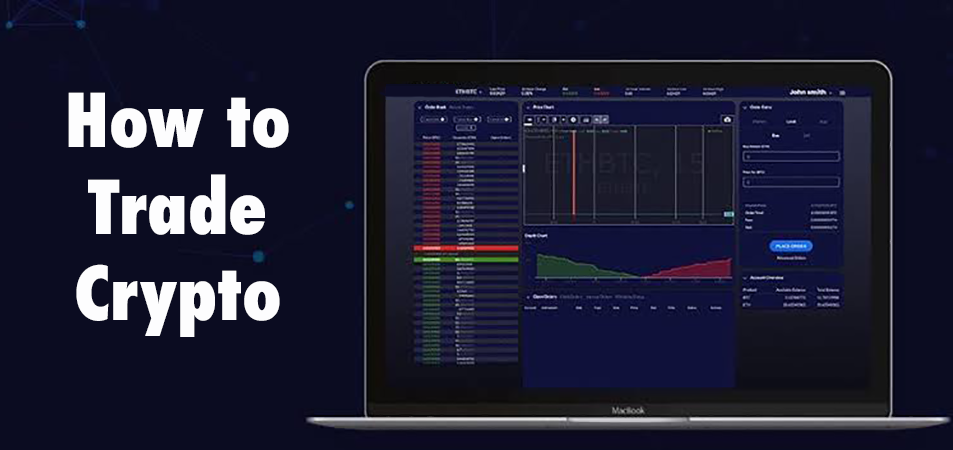Cryptocurrency trading is the act of speculating on cryptocurrency rate movements by means of a CFD trading account, or purchasing and selling the underlying coins via an exchange. CFDs trading are derivatives, which enable you to hypothesize on cryptocurrency rate movements without taking ownership of the underlying coins. You can go long (' purchase') if you think a cryptocurrency will rise in value, or short (' offer') if you think it will fall.
Your earnings or loss are still determined according to the full size of your position, so leverage will amplify both profits and losses. When you purchase cryptocurrencies through an exchange, you buy the coins themselves. You'll need to produce an exchange account, put up the full value of the property to open a position, and store the cryptocurrency tokens in your own wallet until you're all set to offer.
Lots of exchanges likewise have limits on how much you can transfer, while accounts can be really pricey to preserve. Cryptocurrency markets are decentralised, which indicates they are not provided or backed by a main authority such as a federal government. Instead, they run throughout a network of computer systems. Nevertheless, cryptocurrencies can be purchased and offered via exchanges and stored in 'wallets'.
 To Trade Cryptocurrency ...blockgeeks.com
To Trade Cryptocurrency ...blockgeeks.com
When a user wishes to send out cryptocurrency systems to another user, they send it to that user's digital wallet. The transaction isn't considered final until it has actually been verified and added to the blockchain through a process called mining. This is also how new cryptocurrency tokens are typically created. A blockchain is a shared digital register of taped data.
To choose the finest exchange for your needs, it is essential to totally understand the types of exchanges. The very first and most typical type of exchange is the centralized exchange. Popular exchanges that fall under this classification are Coinbase, Binance, Kraken, and Gemini. These exchanges are private business that offer platforms to trade cryptocurrency.
The exchanges listed above all have active trading, high volumes, and liquidity. That said, centralized exchanges are not in line with the philosophy of Bitcoin. They work on their own private servers which creates a vector of attack. If the servers of the business were to be compromised, the entire system might be closed down for a long time.
The bigger, more popular central exchanges are by far the most convenient on-ramp for brand-new users and they even provide some level of insurance coverage should their systems fail. While this holds true, when cryptocurrency is purchased on these exchanges it is kept within their custodial wallets and not in your own wallet that you own the keys to.
Need to your computer system and your Coinbase account, for example, end up being compromised, your funds would be lost and you would not likely have the ability to claim insurance coverage. This is why it is essential to withdraw any large amounts and practice safe storage. Decentralized exchanges work in the very same manner that Bitcoin does.
Rather, consider it as a server, other than that each computer system within the server is spread out across the world and each computer that makes up one part of that server is controlled by an individual. If among these computer systems shuts off, it has no result on the network as an entire since there are a lot of other computers that will continue running the network.